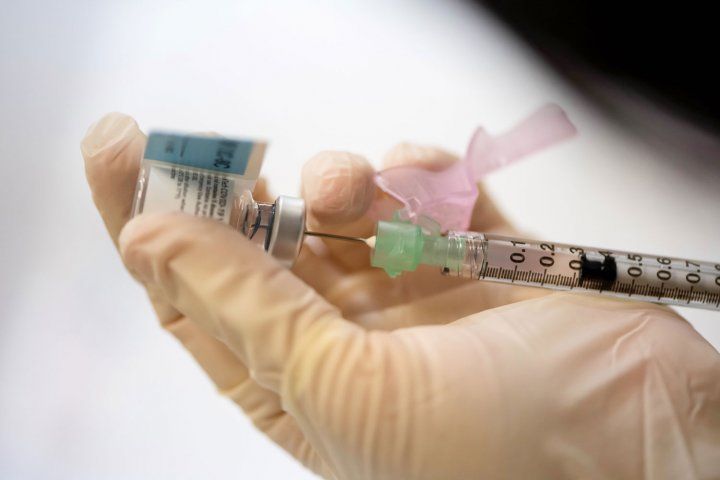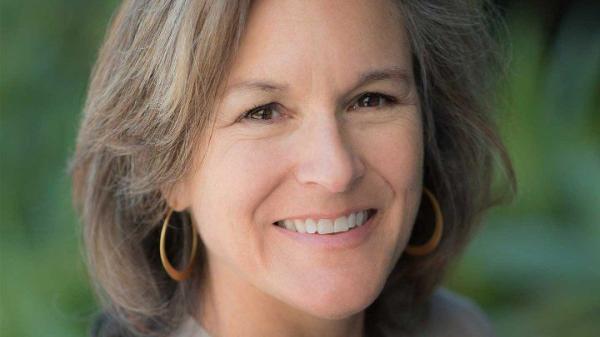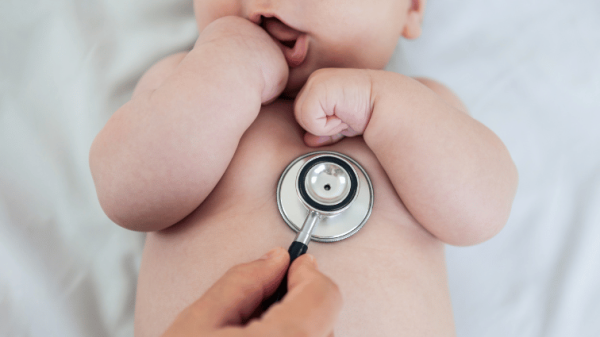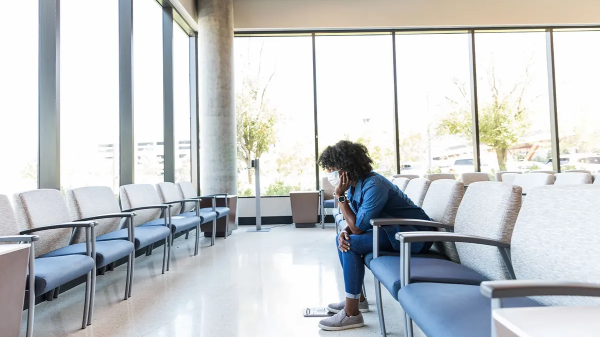
Medical workers may be more willing than the general public to get a COVID-19 vaccine, but racial-ethnic differences in vaccination intentions exist in both groups, a new survey from UC San Francisco has found.
The survey of medical workers and community residents in six Bay Area Counties in the early weeks of vaccine rollout found that Black, Latinx and Asian individuals were more likely than white individuals to report concern that the government had rushed the approval process, and they were less likely to trust the companies making the vaccines.
While more recent surveys have shown large increases in vaccine enthusiasm among Black and Latinx groups, there are gaps among groups in access to the vaccine. Meanwhile, almost half the unvaccinated adults in a recent United States Census Bureau survey said they do not plan on getting vaccinated against SARS-CoV-2.
“It is important for COVID-19 vaccination campaigns to acknowledge the history of racism in science and healthcare, and earn the trust of people of color,” said Kevin Grumbach, MD, chair of the UCSF Department of Family and Community Medicine and lead author of the study, published March 30, 2021 in JAMA Internal Medicine. “Disparities in vaccination uptake among Black, Latinx, Asian and Native American individuals will only compound the health inequities that people in these communities have already experienced as a consequence of the pandemic.”
The researchers surveyed 1,803 employees at UCSF Health, Zuckerberg San Francisco General Hospital and Trauma Center and Stanford University Medical Center who had volunteered for regular COVID-19 testing, and 3,161 members of the general population, from late November of 2020 through mid-January of 2021.
The team determined “high willingness to get vaccinated” based on answers to two questions: “How likely are you to get an approved COVID-19 vaccine when it becomes available?” and “How early would you ideally like to receive the COVID-19 vaccine?”
While 89 percent of white medical workers were considered to be highly willing to get vaccinated, just 65 percent of Black/African-American medical workers were. The numbers were somewhat higher for medical workers who identified as Latinx (78 percent), Asian (75 percent) and multiple race (79 percent), but among those who identified as “other race” just 66 percent were deemed to be highly willing to get vaccinated.
Among the general population, the willingness figures were lower, but the disparities were much the same: 72 percent of whites, 41 percent of Black/African-Americans, 55 percent of Latinx individuals, 58 percent of Asians, 59 percent of multiple race and 58 percent of other race groups were highly willing to be vaccinated.
“It was striking to find these large racial differences in vaccine intention even among health care workers who have a greater risk of exposure to SARS-CoV-2,” Grumbach concluded. “We should be making extra efforts to reach historically marginalized populations, including those in health occupations, to ensure they are informed as they make their decisions about whether to get vaccinated, and also to ensure equal access to getting the vaccine.”




